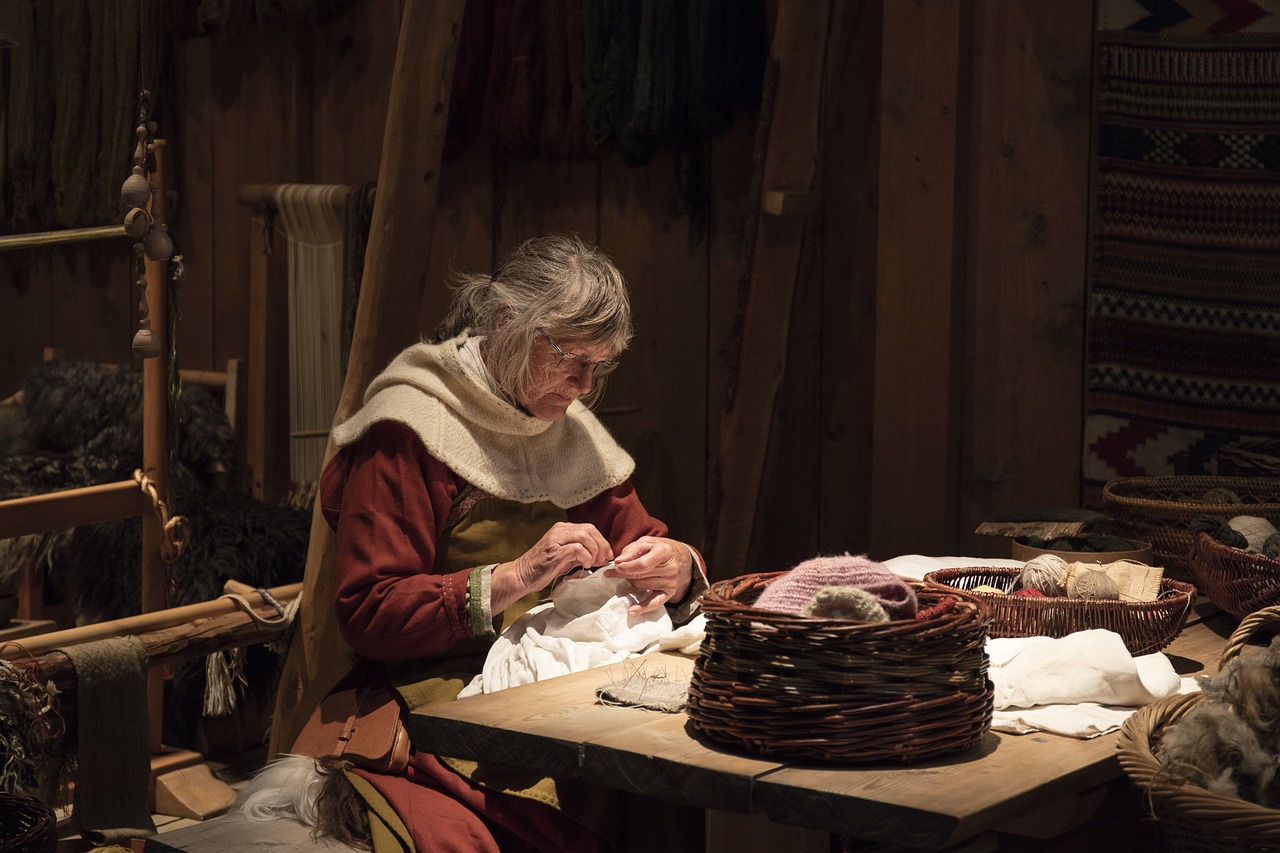Norway Video
Cultural Sensitivities: Understanding Local Norms in Norway
Norway is a country known for its stunning natural landscapes, rich history, and strong cultural traditions. When visiting Norway, it is important to be aware of and respect the local norms and customs to ensure a positive and enjoyable experience. This article aims to provide a comprehensive understanding of the cultural sensitivities in Norway, covering various aspects of Norwegian society.
Language
Norwegian is the official language of Norway, with two written forms: Bokmål and Nynorsk. While most Norwegians speak English fluently, it is still appreciated when visitors make an effort to learn a few basic Norwegian phrases. Greeting locals with a simple “Hei” (hello) or saying “Takk” (thank you) can go a long way in showing respect for the local language and culture.
- Common Norwegian Phrases: Learning a few basic Norwegian phrases can help you navigate everyday interactions. Some useful phrases include “Unnskyld meg” (excuse me), “Vær så snill” (please), and “Ha en fin dag” (have a nice day).
- Language Etiquette: Norwegians greatly appreciate when visitors attempt to speak their language, even if it’s just a few words. However, if you struggle with pronunciation or understanding, most Norwegians will be more than happy to switch to English to make communication easier for both parties.
- Translation Apps: If you’re unsure about certain words or phrases, consider using translation apps like Google Translate to bridge the language barrier.
Personal Space and Privacy
Norwegians value their personal space and privacy, and it is important to respect these boundaries when interacting with locals. Norwegians tend to stand at arm’s length during conversations and prefer not to engage in physical contact, such as hugging or kissing, with acquaintances or strangers.
- Respecting Personal Space: When engaging in conversations, maintain a comfortable distance to avoid making others feel uncomfortable. It is best to wait for Norwegians to initiate physical contact, such as handshakes, before reciprocating.
- Privacy and Personal Information: Norwegians value their privacy and may be reserved when discussing personal matters. Avoid prying into personal affairs unless the other person willingly shares such information.
- Quietness and Silence: Norwegians appreciate silence and may find excessive noise or loud behavior intrusive. When in public spaces or on public transportation, try to maintain a calm and quiet demeanor.
Timekeeping
Punctuality is highly valued in Norwegian culture, and being on time for appointments, meetings, or social gatherings is considered respectful. Norwegians tend to plan their schedules meticulously and expect others to do the same.
- Arriving on Time: Make an effort to arrive on time for any scheduled appointments or meetings. If you anticipate being late, it is customary to inform the other party in advance.
- Respecting Deadlines: Whether it’s for work or personal matters, meeting deadlines is important in Norwegian society. If you commit to a deadline, make sure to deliver on time or communicate any potential delays as soon as possible.
- Punctuality in Social Settings: When attending social events or gatherings, aim to arrive at the specified time. Being fashionably late is not appreciated in Norwegian culture.
Social Equality
Norway is known for its strong commitment to social equality and egalitarian principles. Norwegians place great emphasis on fairness, equal opportunities, and inclusivity.
- Gender Equality: Norway is recognized as one of the most gender-equal countries in the world. Treat everyone with respect and avoid making assumptions based on gender.
- Class and Wealth: Norwegians value modesty and frown upon excessive displays of wealth or social status. Avoid flaunting wealth or engaging in ostentatious behavior.
- Inclusivity and Diversity: Norwegians embrace diversity and are generally open-minded and accepting. Respect different cultures, religions, and lifestyles, and be mindful of using inclusive language.
Nature and Environment
Norway’s breathtaking natural landscapes are a source of great pride for Norwegians. Respecting the environment and practicing sustainable tourism are essential when visiting Norway.
- Outdoor Ethics: When exploring Norway’s natural wonders, follow the “allemannsretten” (everyman’s right) principles, which allow public access to most uncultivated land. However, it is crucial to show respect for nature, avoid littering, and leave no trace.
- Wildlife Conservation: Norway is home to various unique animal species. Observe wildlife from a distance and avoid disturbing their natural habitats.
- Sustainable Practices: Opt for eco-friendly transportation options, such as public transportation or cycling, and support local businesses that prioritize sustainability.
Food and Drink
Norwegian cuisine reflects the country’s history and natural resources. When experiencing Norwegian food and drink, it is important to embrace local traditions and etiquettes.
- Smorgasbord Customs: When dining at a traditional Norwegian buffet, known as a “smorgasbord,” take small portions and try a variety of dishes. It is considered impolite to waste food.
- Tipping Culture: Tipping is not as common in Norway as it is in some other countries. While it is appreciated, it is not obligatory. If you choose to tip, rounding up the bill or leaving a small amount is customary.
- Alcohol Consumption: Norwegians have a responsible approach to alcohol consumption. Public intoxication is generally frowned upon, and it is illegal to drink alcohol in public spaces, except for designated areas.
Sauna Etiquette
Saunas are an integral part of Norwegian culture, and understanding the proper etiquette is essential when visiting saunas in Norway.
- Nudity: In many Norwegian saunas, nudity is the norm. If you feel uncomfortable, you can wear a towel or swimwear, but be aware that it may stand out.
- Respectful Behavior: Maintain a quiet and peaceful atmosphere in the sauna. Avoid engaging in loud conversations or disruptive behavior.
- Cleanliness: Before entering the sauna, it is customary to shower thoroughly to ensure cleanliness.
Image 1: Norway

Public Behavior
Norwegian society places great importance on politeness, consideration for others, and following established rules and norms.
- Queuing: Norwegians value orderly queues and expect others to do the same. Wait your turn patiently and avoid cutting in line.
- Noise Levels: Keep noise levels to a minimum in public spaces, such as public transportation, libraries, and restaurants.
- Respecting Local Customs: Familiarize yourself with local customs and traditions, such as removing your shoes when entering someone’s home or following specific guidelines in places of worship.
Image 2: Norway

Socializing and Conversation
Norwegians tend to be reserved initially but warm up once they get to know you. Understanding Norwegian socializing norms can help you navigate social interactions smoothly.
- Small Talk: Norwegians appreciate genuine conversations but may not engage in extensive small talk. Be respectful and avoid prying into personal matters.
- Equality in Conversation: Allow everyone to have a chance to speak and actively listen to others’ opinions. Interrupting or dominating conversations is considered impolite.
- Humility: Norwegians value modesty and humility. Avoid bragging or boasting about personal achievements.
Religion and Beliefs
Norway has a predominantly Lutheran Christian heritage, but the country is known for its religious tolerance and secularism.
- Religious Sites: When visiting religious sites, such as churches or cathedrals, dress modestly and respect any rules or customs specific to the place of worship.
- Secular Society: Norwegians generally keep their religious beliefs private and separate from public life. Avoid discussing religion unless the topic is brought up by the locals.
- Tolerance and Acceptance: Respect different religious beliefs and embrace Norway’s culture of inclusivity and acceptance.
Image 3: Norway

Conclusion
Understanding and respecting local norms and cultural sensitivities is crucial when visiting Norway. By familiarizing yourself with Norwegian customs and traditions, you can ensure a harmonious and enriching experience. Remember to be mindful of personal space, embrace social equality, practice sustainable tourism, and appreciate the natural beauty of Norway. By immersing yourself in the local culture, you will create lasting memories and forge meaningful connections with the people of Norway.
References
– Visit Norway: www.visitnorway.com
– The Norwegian Directorate of Immigration: www.udi.no
– The Royal Norwegian Embassy: www.norway.no


